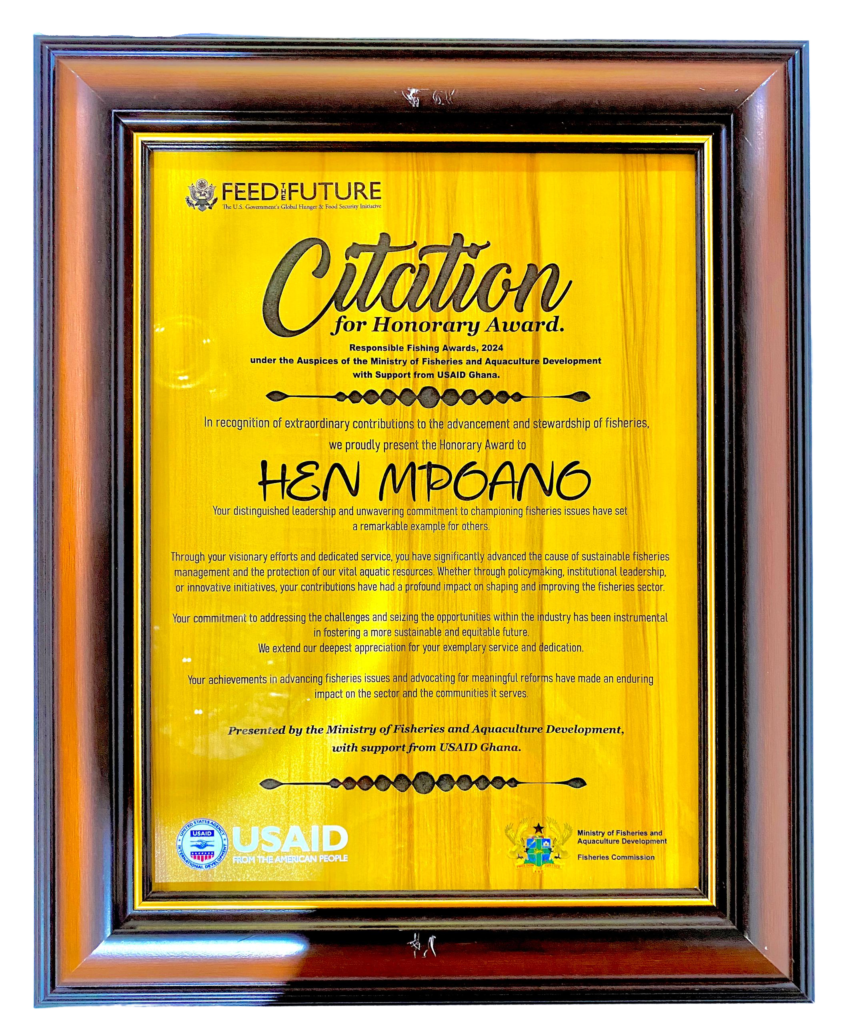Coastal fisheries contribute $400 million annually to the economy of West Africa.
In Ghana, USAID works with partner organization Hen Mpoano to mitigate the impact of climate change on the livelihoods of 100,000 women and men involved in the local fishing industry. The rollout of fuel-efficient cook stoves for smoking fish improves the value chain for women fish processors like Comfort and contributes to the conservation of mangroves and coastal biodiversity.
This outreach is part of the $24 million, five-year USAID Sustainable Fisheries Management Program, coordinated by the University of Rhode Island Coastal Resources Center, which aims to rebuild marine fishery stocks and promote responsible fishing practices that promote food security.
In communities including Sanwoma, the USAID Coastal Sustainable Landscape Project, managed by the U.S. Forest Service, is creating community groups that will promote sustainable land use and adaptive management approaches for fisheries and mangrove fish habitats. Read more
photo and narrative by Ellie Van Houtte / USAID



